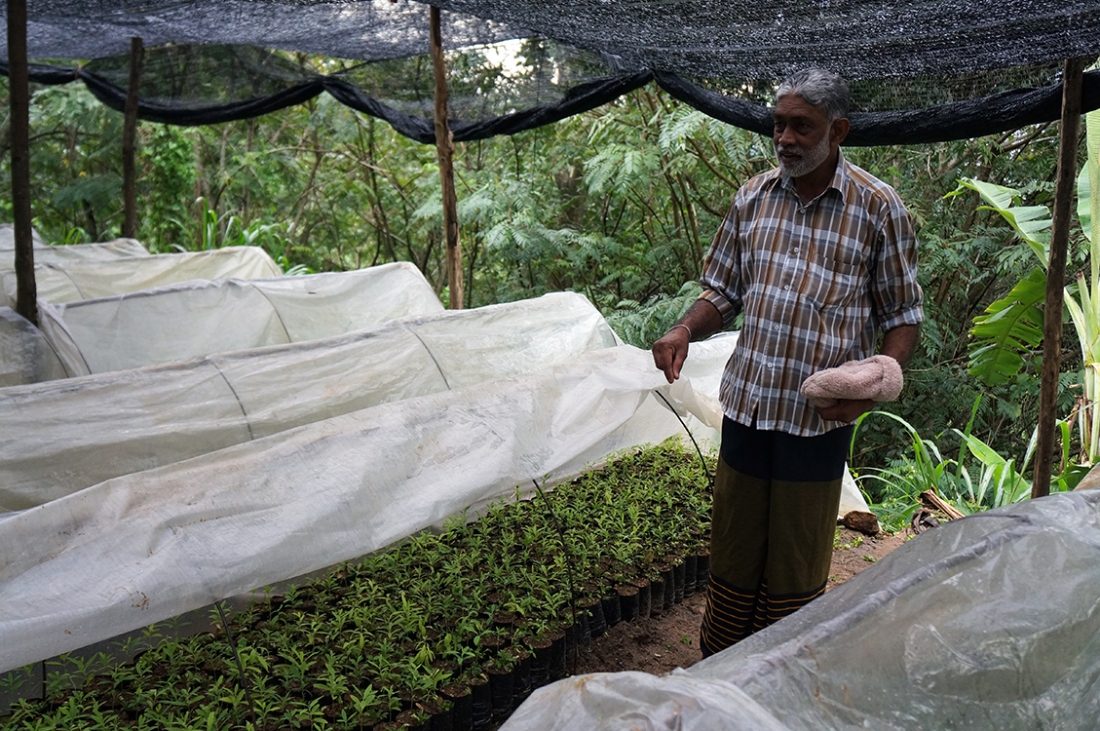Featured | 31 January 2021
A new sustainable Sandalwood
We are excited to announce that we have added another ethically-sourced and sustainably-produced essential oil to our palette.
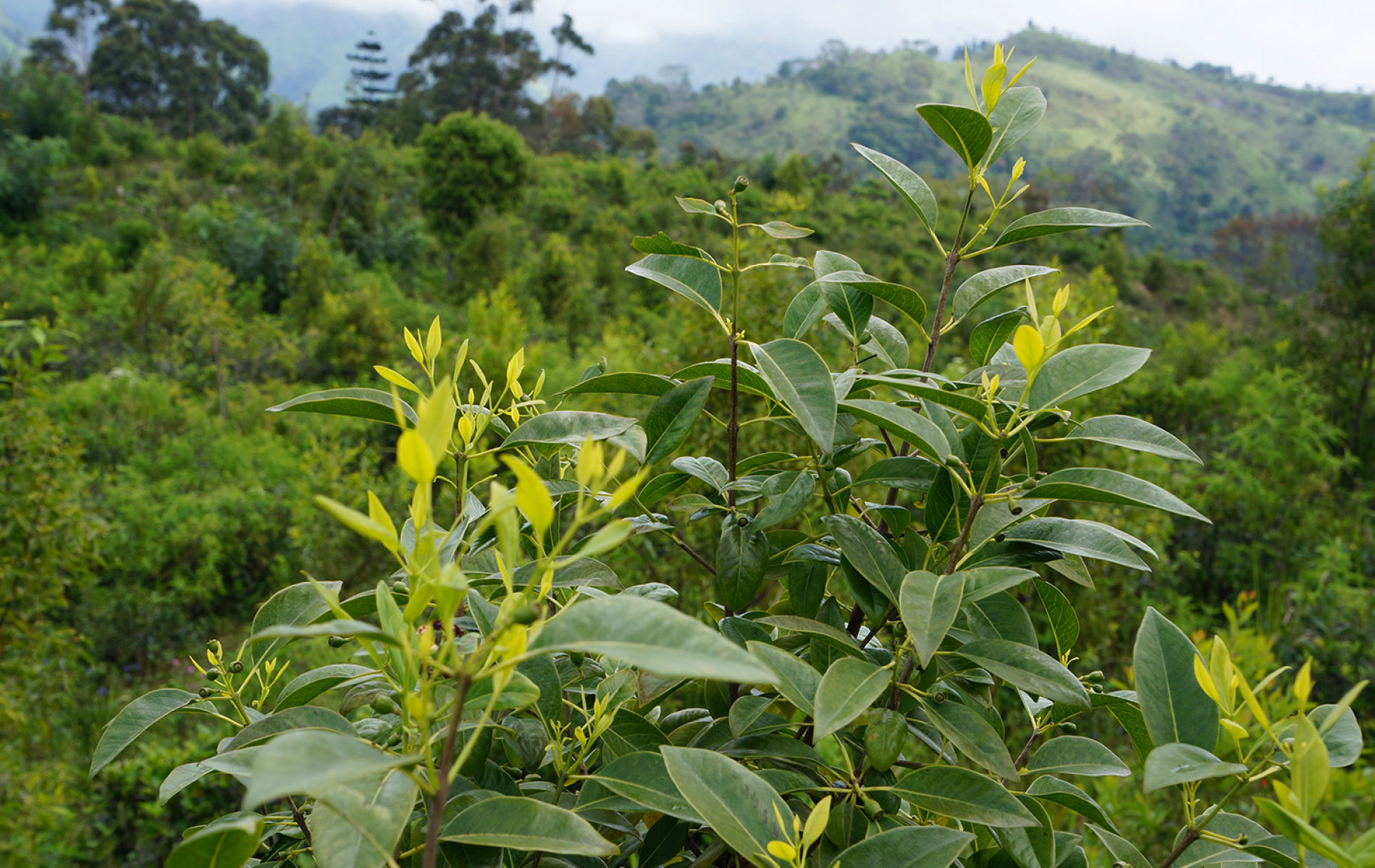
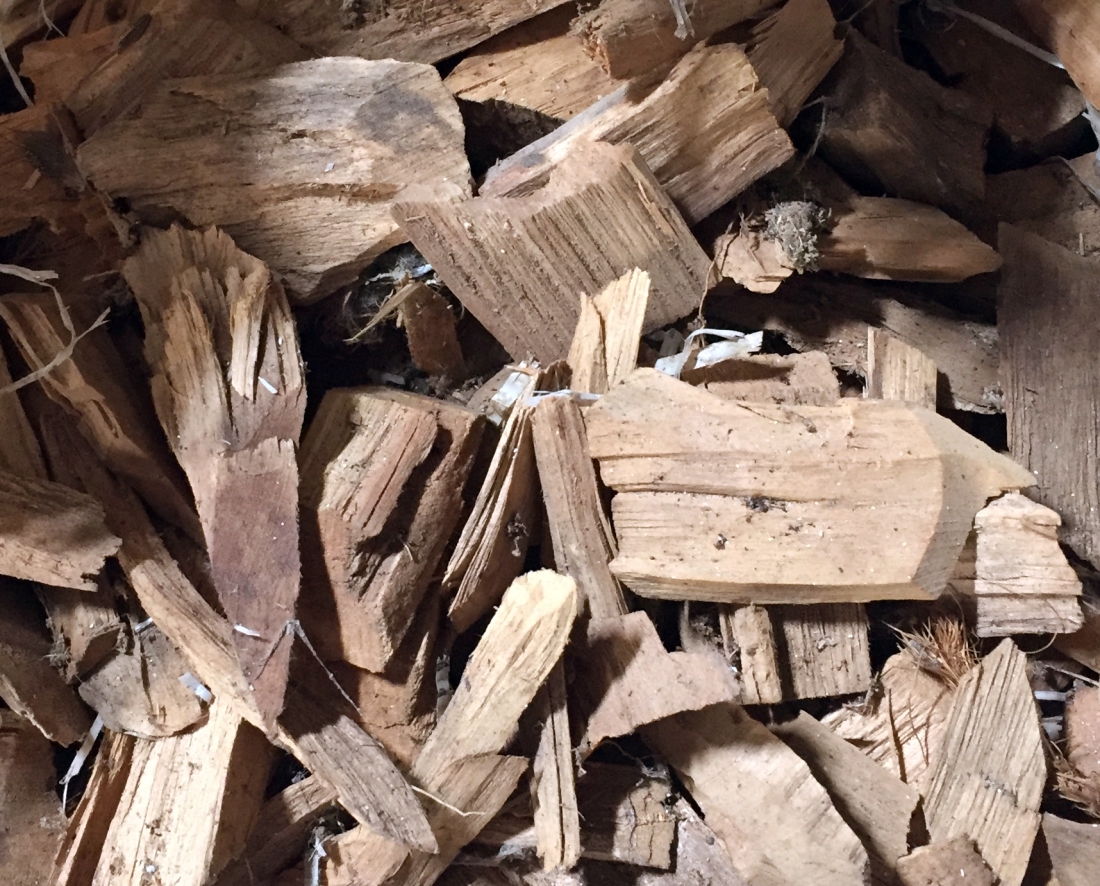
Sandalwood, prized in perfumery as an oriental woody note, is now cropped in many places in the world, such as New Caledonia, Australia, Indonesia. The various species of Sandalwood such as album, spicatum, and austro-caledonicum all have their uses in perfumery. But perfumers all agree that Indian Sandalwood album is the most precious, celebrated for its exceptionally soft, milky tones and subtly enduring quality, as opposed to the harsher odour profile of other varieties. The name ‘album’ refers to the white of the highly-fragrant heartwood of the tree.
Unfortunately, irresponsible practices due to the high prices of this variety have left the Sandalwood album vulnerable to over-exploitation and even extinction. Until now, no sustainability program for Sandalwood album existed in India. To provide a much-needed solution to this, the Sandaforest sustainable plantation was founded in Sri Lanka by BioPower in 2007. It allows fragrance houses such as CPL to continue to use the best quality sandalwood, sourced by sustainably-managed practices, far into the future.
Unlike coffee or tea plantations, Sandalwood trees need to grow in a wild environment and flourish best in their natural habitat. A forest was found in which sandalwood trees were naturally propagated and grown, and the natural propagation methodology was successfully adapted to increase the number of trees in the forest. The forest is approximately 100 hectares and was comprised of 3000 trees when it began.
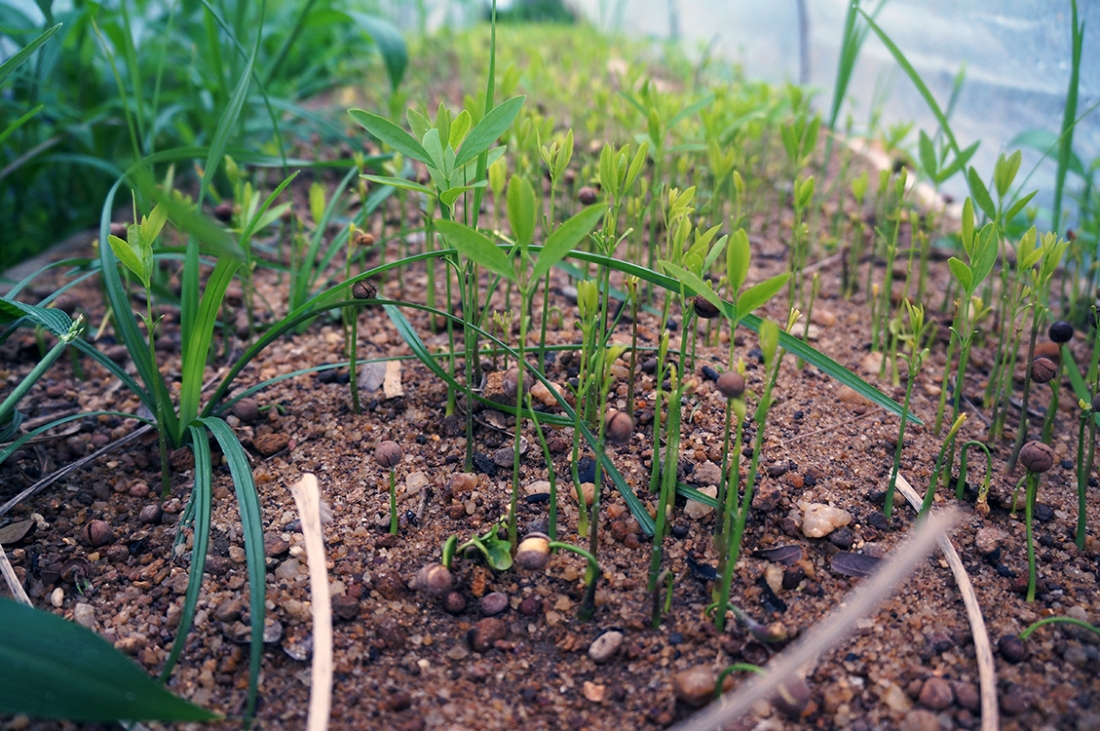
A Sandalwood album nursery was also created, where trees are grown to a height of 1m before being replanted in the forest. Water reserves and an irrigation system were also installed. Other preparations for the programme included setting up 10km of fences to secure the property from wild animals but also thieves.
Sandalwood has been subject to theft and piracy, so having this agreement ensures us future supply of high quality, reliable sandalwood." nick moore, global purchasing director
Over 30,000 trees were planted over the following years, with a high survival rate of over 85%. 5000 trees will be planted in the next 3 years and approximately 10,000 trees will grow as a result of natural propagation. The plantation ensures that for every tree used, another six are planted.
Research and Development for the plantation is centred in the QC laboratory in the capital Colombo, and is specialised in the growing index of trees and roots from different fertilisers. A natural, organic fertiliser for the forest is also being produced at this site, safeguarding the health of the workers.
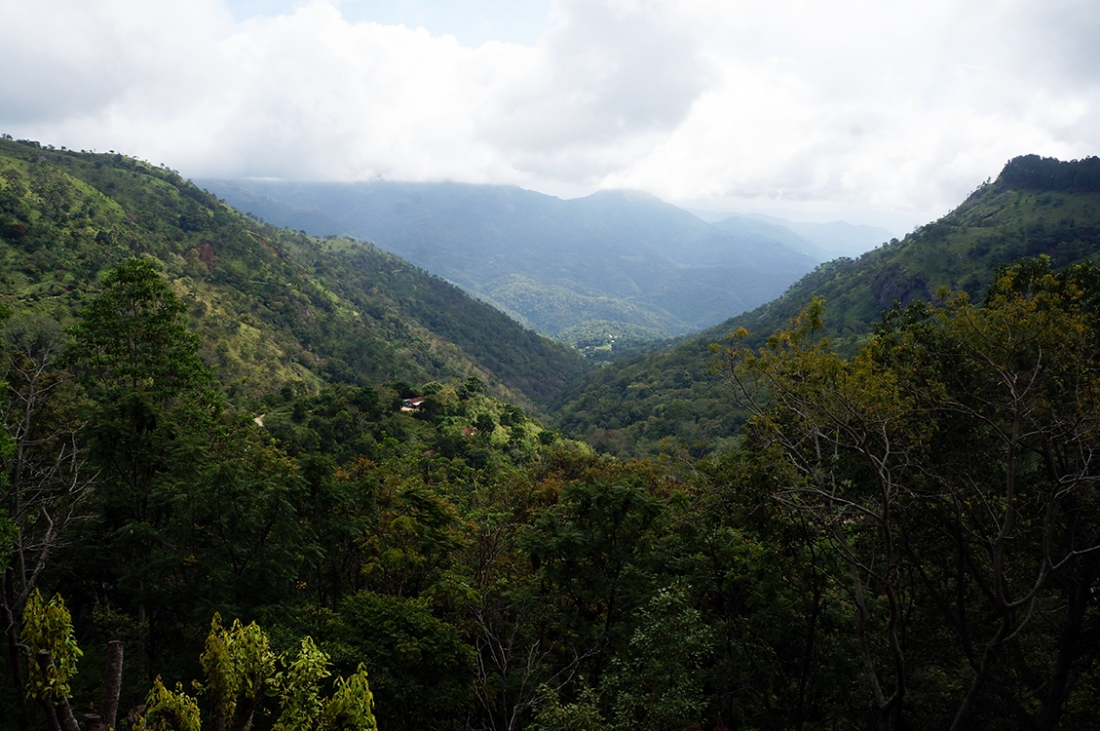
The programme currently employs up to 40 people, including agronomists (experts in plant breeding, plant physiology and irrigation and drainage) and specialists in sustainable growing (including organic fertilisation). In an area largely comprised of wild land, there are few job opportunities for the local population. The plantation is providing thirty families with long-term engagement and therefore much-needed job security – the former owner of the plantation has been able to keep his house and has been given the role of Supervisor of the plantation. Additionally, the workers’ income is 20% above that of the average for the area, and health care and insurance is provided – which is very rare for many workers in Sri Lanka.
As the property was formally a tea plantation, many tea trees are also maintained in order to give workers an additional source of income. Specific training also aids workers in their future employment opportunities.
The programme is certified by the Forest Stewardship council, which gives internationally accredited proof of our sustainable forest management. It shows the concern for the long-term future of Santalum Album in Sri Lanka. ControlUnion has also given the programme an organic certification, a world-wide accredited certification to prove that the care is taking of the soil, water, and the fragile eco-system – as well as the people employed.
